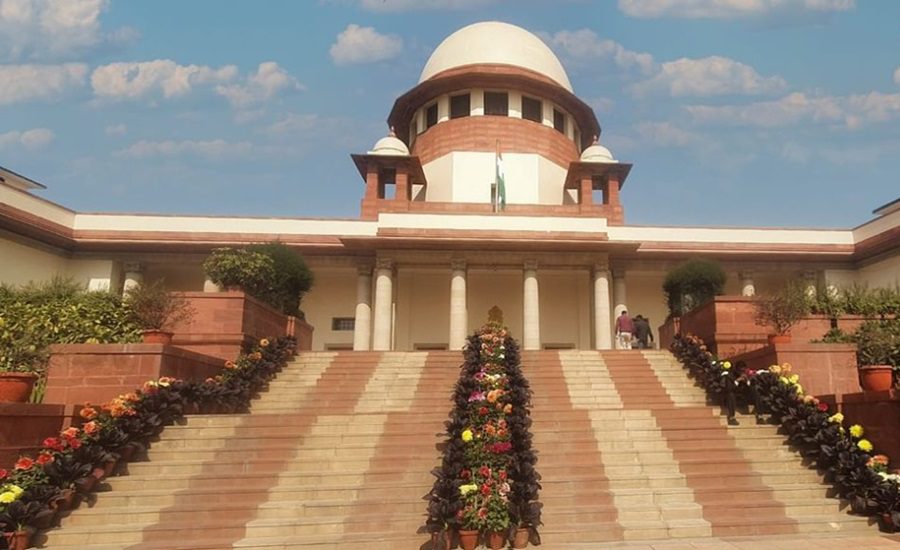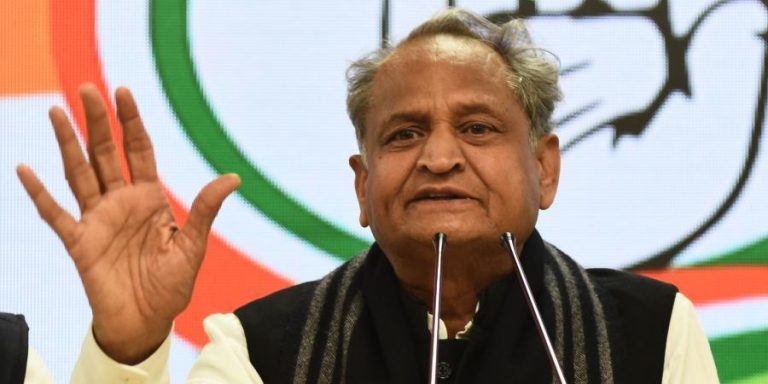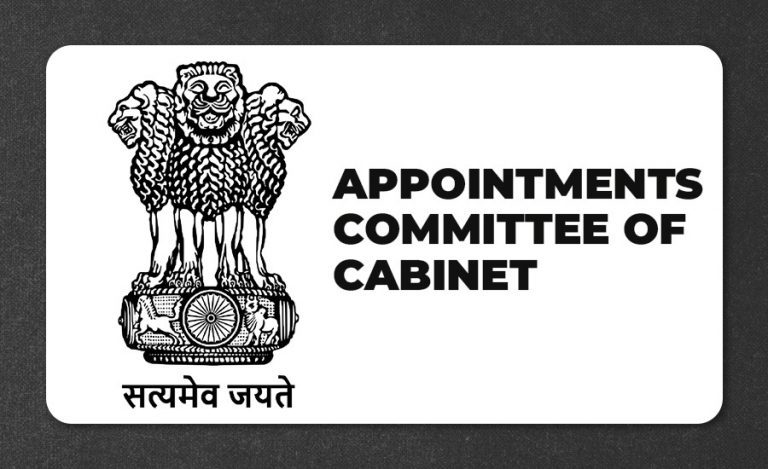On 10 November 2025, the Supreme Court of India issued a notice to the Central government responding to a Public Interest Litigation (PIL) that sought immediate implementation of the women’s reservation law which mandates one-third of seats be reserved for women in the Lok Sabha and state legislative assemblies.
Background of Women reservation bill
The original push began in the 1990s: the 81st Amendment Bill (1996) aimed to reserve one-third of seats for women in Parliament and state assemblies.
Multiple attempts followed (1998, 1999, 2008) but the Bills lapsed due to dissolution of Houses of Parliament.
Finally, in 2023, Parliament passed the Bill with overwhelming support: Lok Sabha passed it on 20 Sept 2023, Rajya Sabha on 21 Sept 2023. President Draupadi Murmu gave assent on 28 Sept 2023.
The Act introduced Article 334A to the Constitution, specifying one-third reservation for women in Lok Sabha and state assemblies, but conditionally “after the exercise of delimitation is undertaken … following census”.
The petition was filed by Jaya Thakur (General-Secretary, Madhya Pradesh Women’s Wing, Indian National Congress) and is represented by Senior Advocate Shobha Gupta. They argue the law – officially the Nari Shakti Vandan Adhiniyam (Constitution (128th Amendment) Act, 2023) – shouldn’t await a fresh delimitation exercise after the next census for implementation.
While the Bill was passed by Parliament in September 2023 and received the President’s assent on 28 September 2023, it still remains contingent upon a delimitation exercise based on the next census before becoming effective.
What Did the Supreme Court Say?
During the hearing, the bench – comprising B. V. Nagarathna and R. Mahadevan – emphasized that the Constitution’s Preamble guarantees political and social equality, and pointed out that women, constituting nearly 48 % of the country’s population, are effectively the “largest minority”.
The bench asked the Centre: “When is the delimitation exercise going to happen?” and noted that implementation of the law is an executive responsibility. It pointed out the Court cannot issue a mandamus (order) for the matter.
It underscored that the Preamble’s phrase “political and social equality” has direct bearing on this case.
Importantly, the Court issued notice to the respondents (i.e., the Centre) in the case.
Importance of Women Reservation Bill
- Women presently occupy only about 15% of Lok Sabha seats, far below the global average.
- By raising the matter of the Preamble and political equality, the Court is signalling that gender representation isn’t just a policy choice but a constitutional promise.
- If implemented, the reservation could reshape political power dynamics, opening up a larger pathway for women in decision-making.
- The question of delimitation, timing and implementation remains contentious: waiting for a new census could delay actual representation further, undermining the spirit of the law.
Way Forward
- The Centre must submit a response to the Court’s notice. The timeline is yet unknown, but public interest and legal urgency may speed matters.
- Implementation hinges on delimitation – redrawing of constituencies after the next census – a process that can take years.
- Opposition and advocacy groups will continue to monitor whether waiting for delimitation undermines the law’s aim of timely gender‐balanced representation.
- Further legal proceedings could clarify whether the “after delimitation” clause can be interpreted more flexibly or even struck down.
Read Also: No More Land Scams: Supreme Court Backs Blockchain in Land Registration to Curb Corruption




























